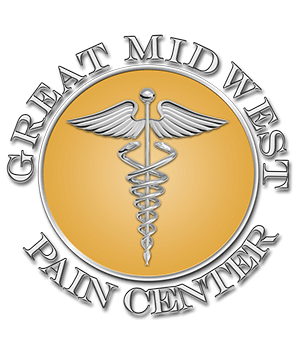Neuropathy or peripheral neuropathy is a disorder of the peripheral nerves. The motor, sensory and autonomic nerves that connect the spinal cord to muscles, skin and internal organs. It usually affects the hands and feet, causing weakness, numbness, tingling and pain. Peripheral neuropathy's course is variable. It can come and go, slowly progressing over many years, or it can become severe and debilitating. However, if diagnosed early, peripheral neuropathy can often be controlled.
What is Neuropathy?
Facts about Neuropathy
- 20 million Americans suffer from this illness
- Common in older adults
- 8-9% of Medicare recipients are diagnosed w/ this disorder
- 30% of cases are caused by diabetes
- most cases are only treatable
Manage and Prevent Neuropathy
There are several ways to manage neuropathy and prevent its symptoms.
- Patients should check feet for blisters, cuts, or callusses.
- Avoid tight fitting shoes and socks.
- We can recommend an exercise plan that will reduce neuropathy pain and control blood sugar levels.
- Quit smoking and eat healthful meals.
- Massages of hands and feet stimulate nerves and temporarily relieving pain.
- Avoid prolonged pressure on knees or elbows in order to prevent new nerve damage.
Peripheral Neuropathy
Learn more about peripheral neuropathy by viewing the educational video below.
Treatment of Nerve Pain
Currently there is no proven treatment to prevent or cure neuropathic pain. Instead, the primary goals of treatment are to reduce the pain as much as possible, balance the negative side effects of the treatment, and help patients manage any unresolved pain.
- TENS
- Nerve Blocks
- Strict Diet
- Physical Therapy
- Spinal Pumps
